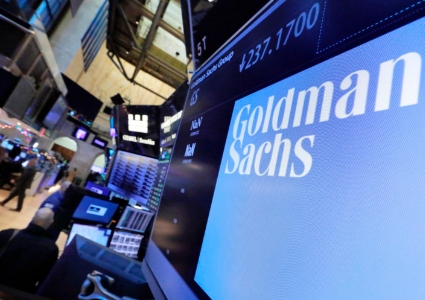Polling

Suggest an important issue not listed in this sub-category (). (Maximum 60 Characters)
Revolving door

The revolving door in politics refers to the movement of personnel from the private sector to the public sector and vice versa. Corporations and special interest groups often hire former government legislators, regulators and employees to lobby government officials, influence legislation and regulation, and secure government contracts. Government agencies often hire industry employees for their private sector experience and influence in that industry, and for political favors including donations and endorsements. Critics claim these relationships often lead to conflicts of interest which result in regulatory capture - where a government agency acts in a way that benefits a corporation or industry rather than the public it is charged to protect.
Federal ethics rules prohibit former Senators from lobbying for 2 years after leaving office, and for one year after a Member of the House leaves office. However, recent studies have shown that due to loopholes in this rule, nearly two-thirds of recently retired or defeated U.S. lawmakers from the 115th Congress (2017-2018) have landed jobs influencing federal policy. Advocates claim this finding provides more evidence that members of Congress continue to spin through Washington’s revolving door at astounding rates. Critics claim this revolving door has resulted in lax enforcement of financial institutions by the Securities and Exchange Commission, among others.
Proposed Legislation: S.2622 - Close the Revolving Door Act of 2019
Prospective Sponsor: Sen. Michael F. Bennet (CO)
Federal ethics rules prohibit former Senators from lobbying for 2 years after leaving office, and for one year after a Member of the House leaves office. However, recent studies have shown that due to loopholes in this rule, nearly two-thirds of recently retired or defeated U.S. lawmakers from the 115th Congress (2017-2018) have landed jobs influencing federal policy. Advocates claim this finding provides more evidence that members of Congress continue to spin through Washington’s revolving door at astounding rates. Critics claim this revolving door has resulted in lax enforcement of financial institutions by the Securities and Exchange Commission, among others.
Proposed Legislation: S.2622 - Close the Revolving Door Act of 2019
Prospective Sponsor: Sen. Michael F. Bennet (CO)
Poll Opening Date
January 24, 2022
Poll Closing Date
January 30, 2022
Democracy Rules respects the privacy of your information.
See PRIVACY STATEMENT
See PRIVACY STATEMENT